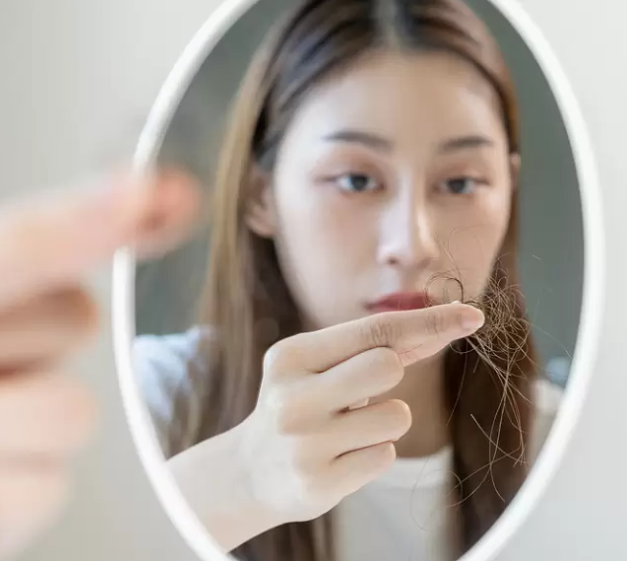A hair transplant can be a transformative procedure, offering not only a physical change but also a significant boost in confidence for those dealing with hair loss. For individuals affected by conditions like alopecia or hereditary pattern baldness, it may be the ideal solution. However, before resorting to such measures, it’s important to understand that not all cases of hair loss are due to genetics. In fact, certain lifestyle habits can also play a major role in thinning hair. Here are three lifestyle factors that could contribute to the need for a hair transplant.
1. Hairstyles and Hair Products
While your hairstyle itself might not directly cause hair loss, the way you style and treat your hair can have an impact. Styles that involve pulling your hair tightly—such as buns, ponytails, or braids—can put undue strain on the hair follicles. This tension can lead to hair being pulled out, and over time, it may result in permanent hair loss. This condition, known as traction alopecia, is often marked by a receding hairline or bald patches, particularly around the temples or hairline.
Certain hair products can also contribute to hair damage. Shampoos and dyes that contain harsh chemicals can dry out hair and weaken the follicles, leading to breakage and thinning. If your hair loss is due to tight hairstyles or damaging products, it’s best to switch to looser styles and avoid chemical treatments until your hair begins to recover.
2. Diet and Hair Health
What you eat plays a critical role in the health of your hair. A diet lacking in essential vitamins and minerals can have a direct impact on hair growth. Diets high in saturated fats, sugar, and salt—common in junk foods—tend to be low in the nutrients your hair needs to grow strong and healthy. A lack of protein, as well as essential vitamins like A, B, and C, along with minerals like zinc, can hinder hair follicle health and lead to premature hair loss.
To promote healthy hair growth, focus on eating a balanced diet rich in vitamins and minerals. Protein sources like meat, eggs, nuts, and oily fish are essential for hair strength and growth. By making the right nutritional choices, you can help prevent hair loss and encourage stronger, more resilient hair.
3. Smoking and Hair Loss
Smoking has a number of adverse effects on overall health, and hair health is no exception. Smoking restricts blood circulation, which in turn affects the supply of oxygen and nutrients to the hair follicles. These nutrients are vital for proper hair growth, and without a steady supply, the hair growth cycle can slow down, leading to thinning or hair loss.
Additionally, smoking accelerates the aging process, which can also speed up the onset of hair loss. If you’re noticing slower hair growth or thinning hair, smoking could be a major contributing factor. Quitting smoking not only benefits your general health but can also help improve circulation to the scalp, potentially supporting hair regrowth.
Take Action Early
If you’re noticing hair loss or slower regrowth and there’s no family history of baldness, it’s worth considering which lifestyle factors could be contributing. A hair specialist will take these factors into account before recommending treatments, including the possibility of a hair transplant. Addressing lifestyle habits early on can often help slow down hair loss and may prevent the need for drastic measures.

发表回复